Stiff-person syndrome
An autoimmune and neurological disorder that causes rigidity and spasms in the trunk and limbs. Stiff-person syndrome SPS also known as stiff-man syndrome SMS 1 is a rare neurologic disorder of unclear cause characterized by progressive rigidity and stiffness.
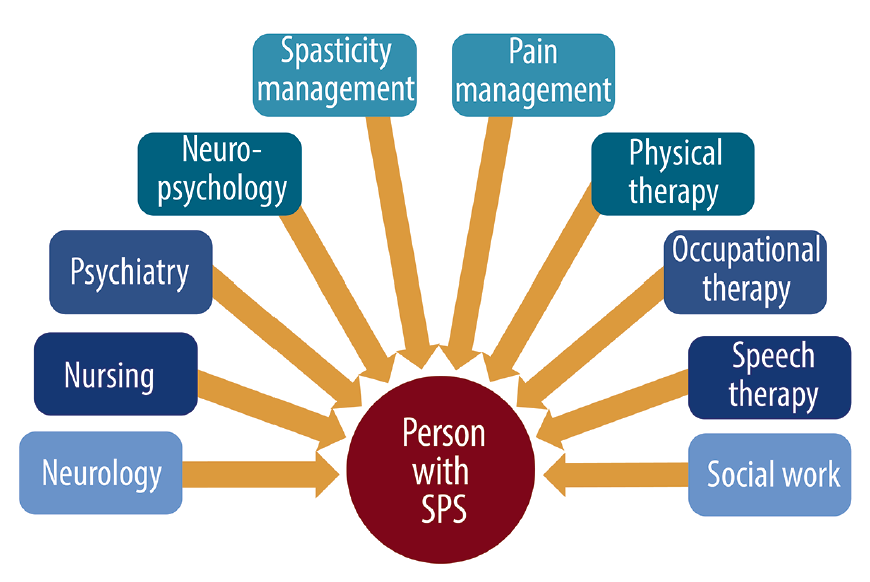
Stiff Person Syndrome Practical Neurology
Stiff person syndrome SPS is a neurological disease with autoimmune features.

. Muscular rigidity often fluctuates ie grows worse and then improves and usually occurs along with the muscle spasms. Symptoms include muscle spasms hyper-rigidity debilitating pain and chronic anxiety. SPS is labeled as a rare disease.
SPS is characterized by fluctuating muscle rigidity in the trunk and limbs and a heightened sensitivity to stimuli such as noise touch and emotional distress which can set off muscle spasms. Search for Stiff Person Syndrome. Symptoms may include extreme muscle stiffness rigidity and painful spasms in the trunk and limbs severely impairing mobility.
Stiff-person syndrome SPS is a rare and disabling central nervous system disorder with no satisfactory treatment. Autoimmune disorders including diabetes thyroiditis vitiligo and pernicious anemia. Learn more about the treatment and outlook for the condition here.
The stiffness primarily affects the truncal muscles and is superimposed by spasms resulting in postural deformities. Stiff person syndrome SPS is a very rare disease affecting only one or two people per million. Spasms can generate enough force to fracture bone.
Medications and immunotherapy maybe prescribed with aqua occupational and physical therapy. Explore Stiff Person Syndrome in The US Now. Symptoms include muscle spasms and rigidity.
Stiff person syndrome is more likely seen in people with certain types of diseases including. Certain cancers including breast lung kidney thyroid colon and Hodgkins lymphoma. Stiff-person syndrome SPS is a rare neurological disorder with features of an autoimmune disease.
Symptoms include stiffening in the torso and limbs along with episodes of severe muscle spasms. Why Choose Johns Hopkins. Muscle spasms can be so violent they can dislocate joints and even break bones.
Stiff-person syndrome SPS is a rare acquired neurological disorder characterized by progressive muscle stiffness rigidity and repeated episodes of painful muscle spasms. SPS is strongly correlated with autoimmune diseases and it is usual to find high titers of antibodies against acid decarboxylase GAD65. It causes progressive muscle stiffness and painful spasms that can be triggered by a variety of things including sudden movement cold temperature or unexpected loud noises.
But more people are affected than reported due to misdiagnoses. Learn More About Symptoms Treatment Options For Neurological Disorders. Browse Common Symptoms The Most Effective Treatments.
Visit Mercks Free Medical Resource For Neurological Disorders Today. Abnormal postures often hunched over and stiffened are characteristic of. Muscle rigidity sporadic muscle spasms and chronic muscle pain characterize SPS.
Stiff person syndrome SPS is a rare autoimmune neurological disorder. Stiff person syndrome SPS is a rare progressive syndrome that affects the nervous system specifically the brain and spinal cord.
:max_bytes(150000):strip_icc()/Celine-Dion-Stiff-Person-Syndrome-GettyImages-1160301678-83cb9d8ce45240e09c2052024e0933c4.jpg)
Zl Rugmbd 44mm

Erythema Annulare Centrifugum In A Patient With Stiff Person Syndrome Morisaki 2021 Journal Of Cutaneous Immunology And Allergy Wiley Online Library
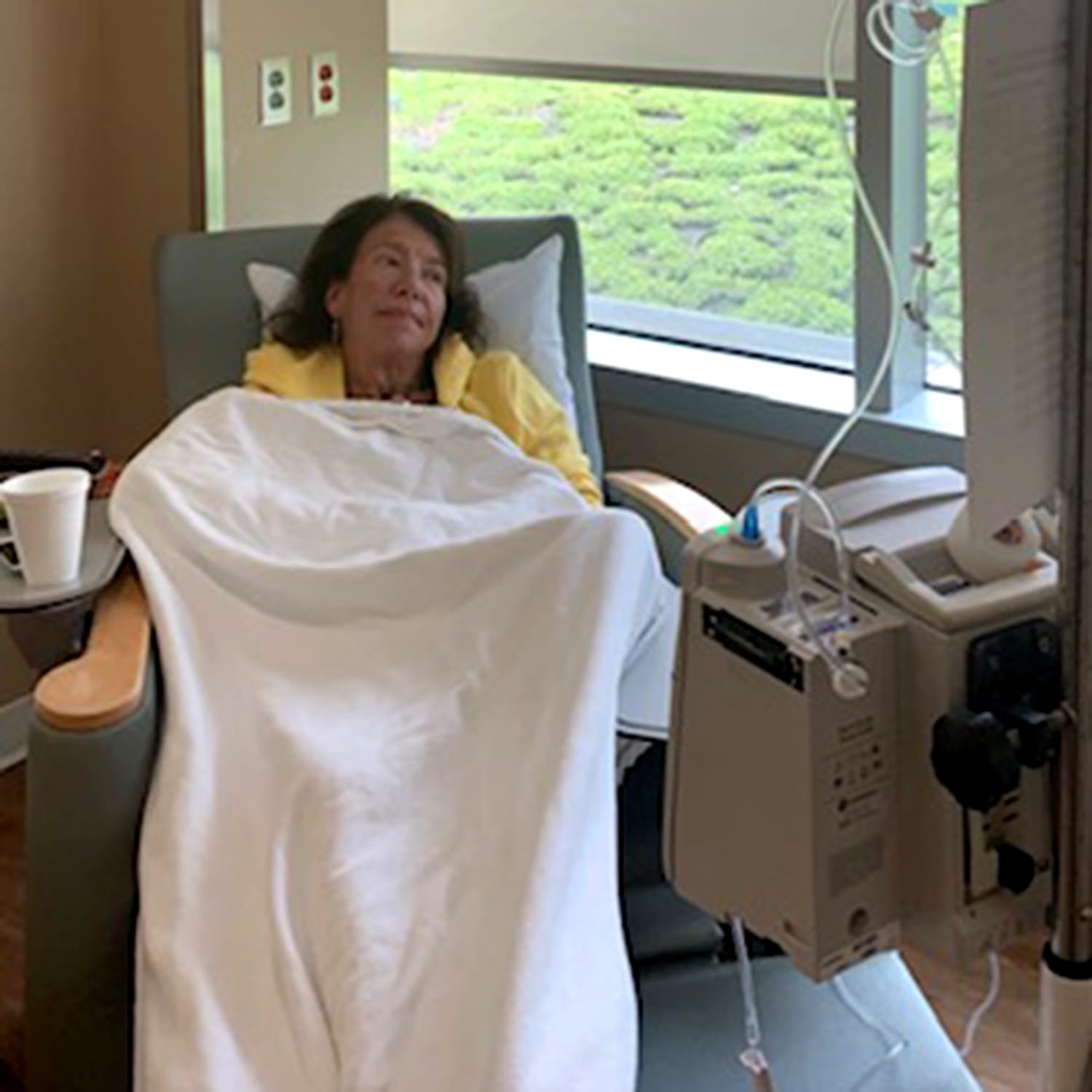
What Is Stiff Person Syndrome Woman Shares Story
Progression And Stages

Clinical Features Of Stiff Person Syndrome Sps Download Scientific Diagram
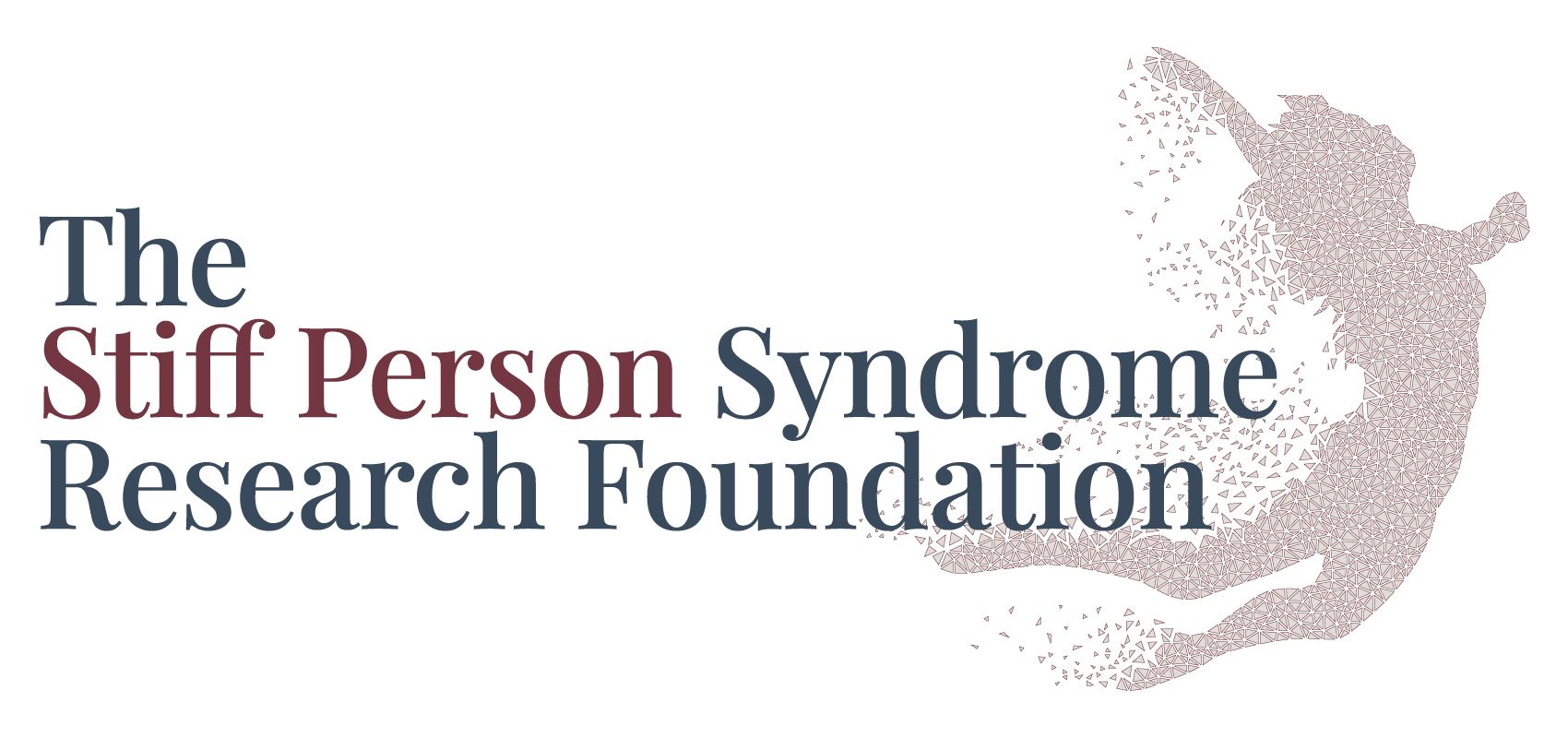
Stiff Person Syndrome Research Foundation Nonprofit Resource Hub

New Center For Stiff Person Syndrome Johns Hopkins Medicine

Pdf Anesthetic Considerations Of Stiff Person Syndrome A Case Report Semantic Scholar
Cfxhusyqyiajbm
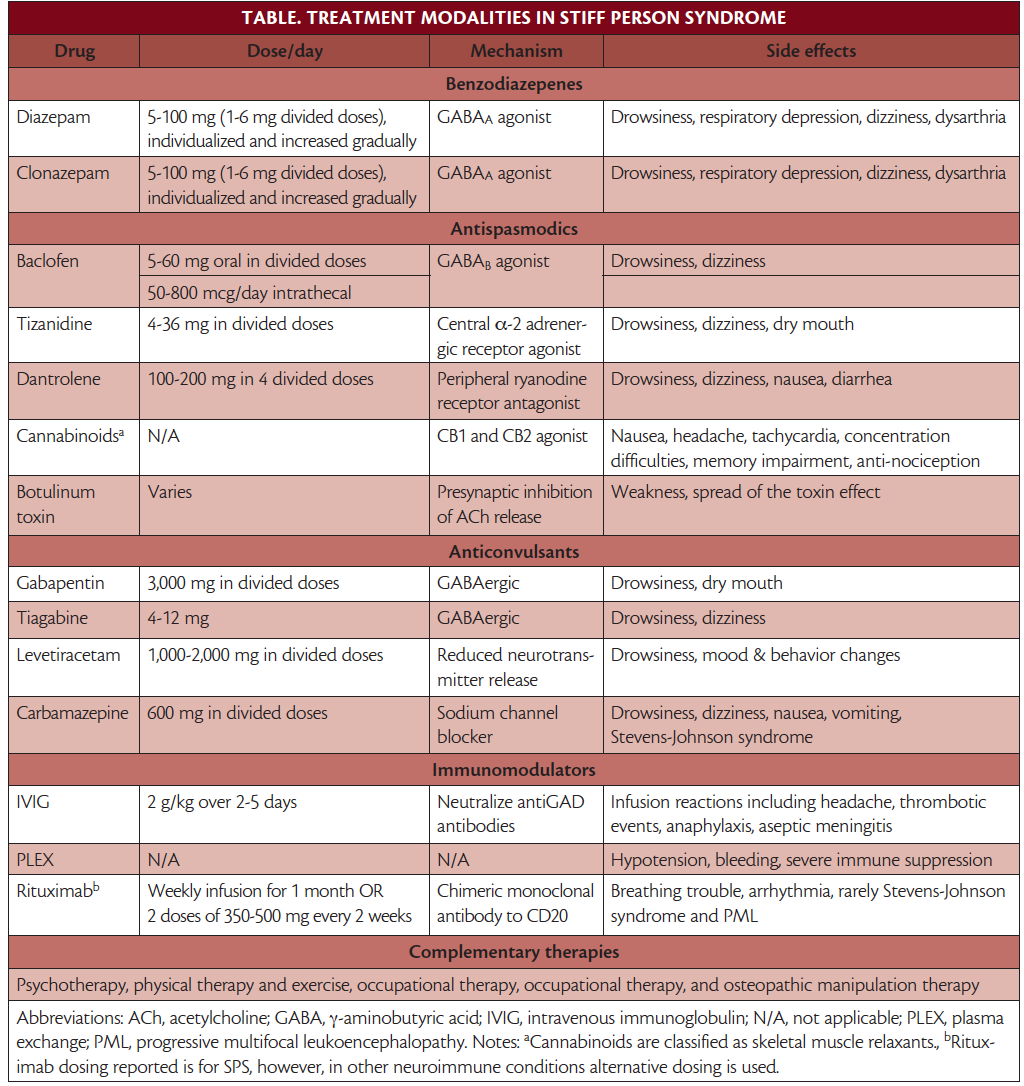
Stiff Person Syndrome Practical Neurology

Stiff Person Syndrome Treatment Symptoms And Outlook

6nal9zswvhcopm

Stiff Person Syndrome Youtube

The Stiff Person Syndrome Research Foundation Chan Zuckerberg Initiative

Stiff Person Syndrome Practical Neurology
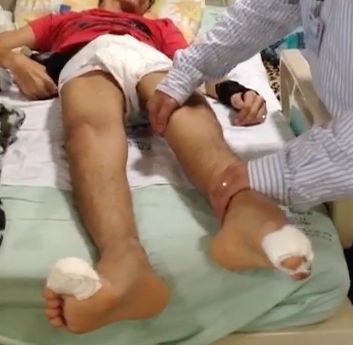
Stiff Person Syndrome Case Series Mds Abstracts

P0cojm2dxww4km